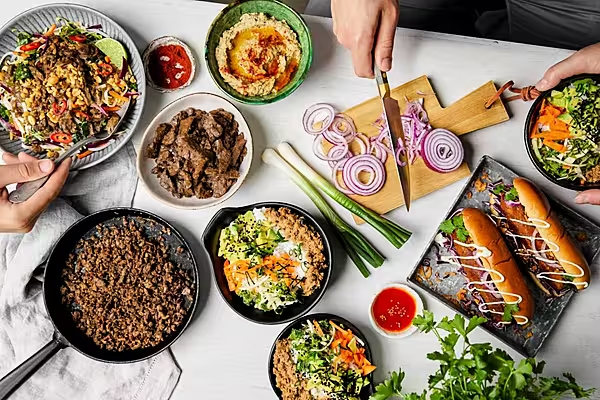Danone is fully committed to a model of sustainable and profitable growth, in line with its Renew Danone strategy, which was introduced in 2022 to focus on sustainable value creation, and address underperformance in the business.
"Danone today is very different from two years ago," Pablo Perversi, President of Danone Europe tells ESM. "We now have the right fundamentals to become a truly science-based, consumer-centric company with a strong, health-focused mission."
In an interview due to be published in our September/October edition, Perversi, along with Ayla Ziz, Danone SVP Sales, Customer & Commercial Europe reflect on Danone's longstanding commitment to sustainability and innovation, which had its origins in former CEO Antoine Riboud's 'dual project' pledge more than 50 years ago.
This commitment has evolved into the Danone Impact Journey, launched in 2023. This initiative is grounded in three pillars: Health, Nature, and People & Communities, which guide Danone's efforts to offer science-based nutritional products to consumers of all ages, to promote sustainable food production, improve nutrition access, enhance employee wellbeing, and engage with communities.
In other words, ensuring "economic and social responsibility go hand in hand," as Ziz puts it.
Climate Transition Plan
Danone's Climate Transition Plan is another testament to its sustainability leadership, with the company aiming for net zero emissions by 2050. Perversi notes that collaboration across the value chain is essential for sharing the costs of this transition fairly.
"One of Danone's efforts to ensure that the cost of transition is borne equitably by all stakeholders of the food supply chain consists of enhancing collaboration and partnerships on impactful projects across our value chain, connecting suppliers, farmers and retailers to deliver better value to consumers," he adds.
Sustainability And Performance
Danone’s approach is best encapsulated by the mantra, 'Sustainability without performance has no impact. Performance without sustainability has no future' – a philosophy that underscores the company’s commitment to intertwining health, sustainability, and business success for long-term growth. Or, as Ziz puts it, ensuring all aspects of the supply chain are connected, and work in tandem.
"Making agriculture more resilient to the climate crisis contributes to securing continued high-quality milk supply for our products, and to producing products that are in line with consumers’ expectations," she explains.
The full interview with Pablo Perversi and Ayla Ziz can be found in the September/October edition of ESM, due to be published in late September 2024. To subscribe to ESM, click here.















